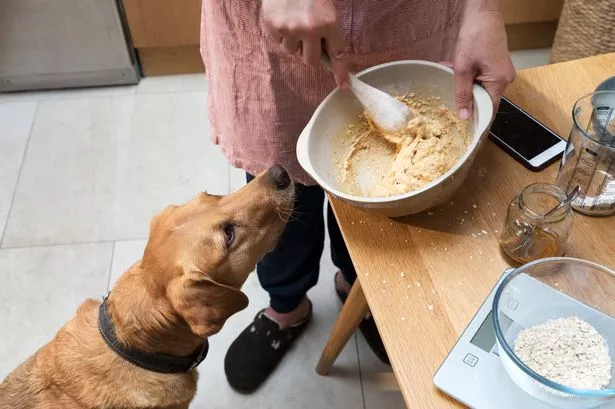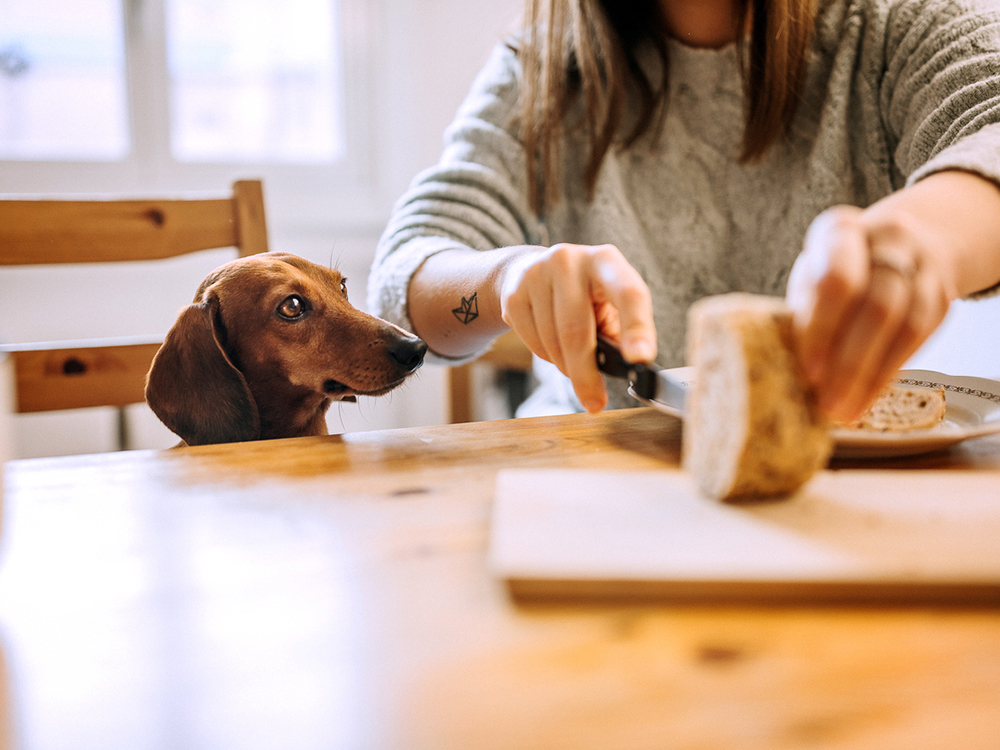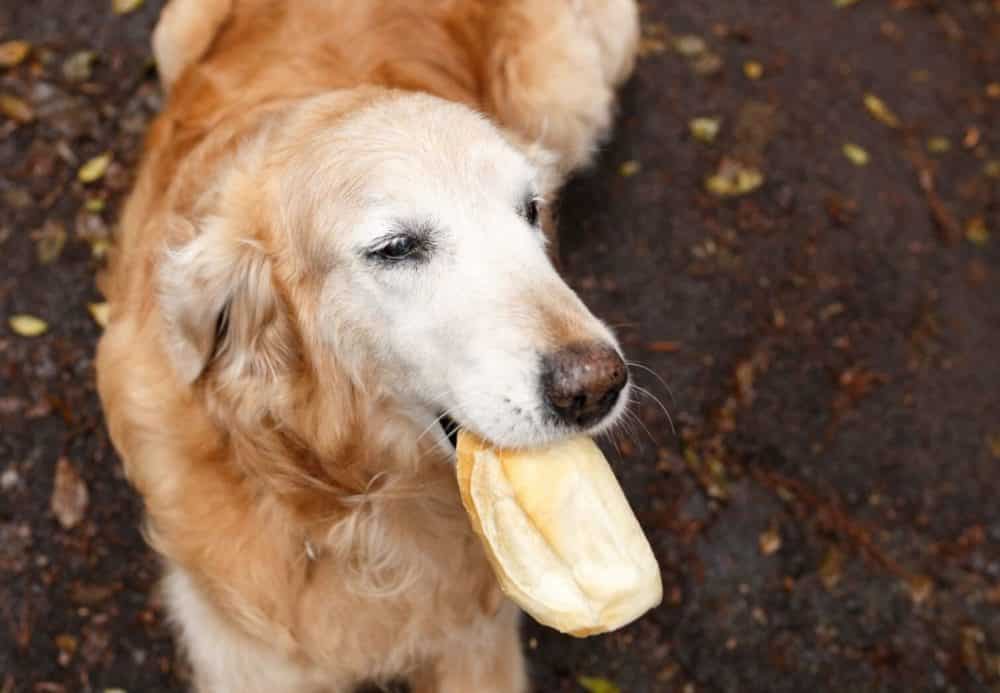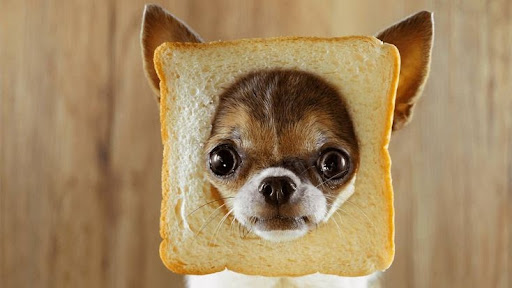Does your dog or cat often look at you when you’re sitting at the table?
Our four-legged companions are good at coaxing us to their end. We end up giving them a small piece of bread by barking or meowing. But these foods are not always good for them! Is that the case with bread? This question is on the minds of many pet owners. Would breadcrumbs be dangerous and cause serious health concerns for our furry friends? What are the risks to their bodies? Find out in this article if this food is good for them and if it is dangerous to give it to your dog or cat.

Is it safe to give your dog or cat bread?
Bread is one of the most consumed foods on a daily basis. Often present at the table, it is sometimes tempting to give some to our animals. But this is anything but a good idea! Occasionally giving small pieces of bread to your pets may not cause them much trouble. However, giving it to them at every meal is strongly discouraged! The ingredients in this food are not good for the intestines and can eventually cause painful gastrointestinal distress.
What are the health risks for cats and dogs when they eat bread?
One of the most common ingredients in bread is wheat flour. Very rich in carbohydrates, it is bad for animals. In fact, carbohydrates can cause them major health problems. They can cause severe nutritional deficiencies and even obesity. Cats lead sedentary lives, which makes it difficult to digest the food they swallow. The carbohydrates stored in their bodies are then metabolized into fats. Bread can also be the cause of several notable symptoms, such as:
- Abdominal cramps,
- flatulence,
- diarrhea,
- vomiting,
- Or inflammation of the pancreas.

Are dogs and cats allowed to eat sandwich bread? Is it good for them?
Just like a cat, a dog’s body cannot digest certain nutrients, such as carbohydrates. Bread that is high in sugar and low in protein is strongly discouraged in large quantities. Both cats and dogs are primarily carnivores and feed mainly on protein. Any high sugar intake can have side effects on their health and especially on their digestive system. In addition to carbohydrates, the presence of yeast in bread in the diet of a cat or dog is also contraindicated. This is because yeast fermentation in their stomach can be the cause of intestinal upset, diarrhea , vomiting or other unpleasant symptoms. In addition, a high amount of sugar can cause abnormal weight gain , but also be a cause of diabetes.
What other foods are not recommended for dogs and cats?
Besides bread, there are several foods that can be harmful for dogs and cats. As we have seen above, foods high in sugar and fat are bad for our four-legged friends and can cause serious health problems. Among these foods we find:
- Candies;
- Cakes ;
- French fries ;
- Nuts ;
- Almonds;
- Chocolate ;
- Coffee ;
- Onion;
- Garlic;
- The shallot;
- The leek;
- The grape ;
- The raw potato;
- raw salmon;
- Milk ;
- Alcohol ;

Why should not be given bread to animals?
As you must have understood, bread should not be part of your pet’s diet! You can give it to him from time to time, but it should not be part of his daily diet. The only thing to do is to limit its consumption and give it in very small quantities to maintain its health. For example, you can give it to him ad hoc as a reward if he really loves it. In case of symptoms or doubts, it is important to consult your veterinarian.
